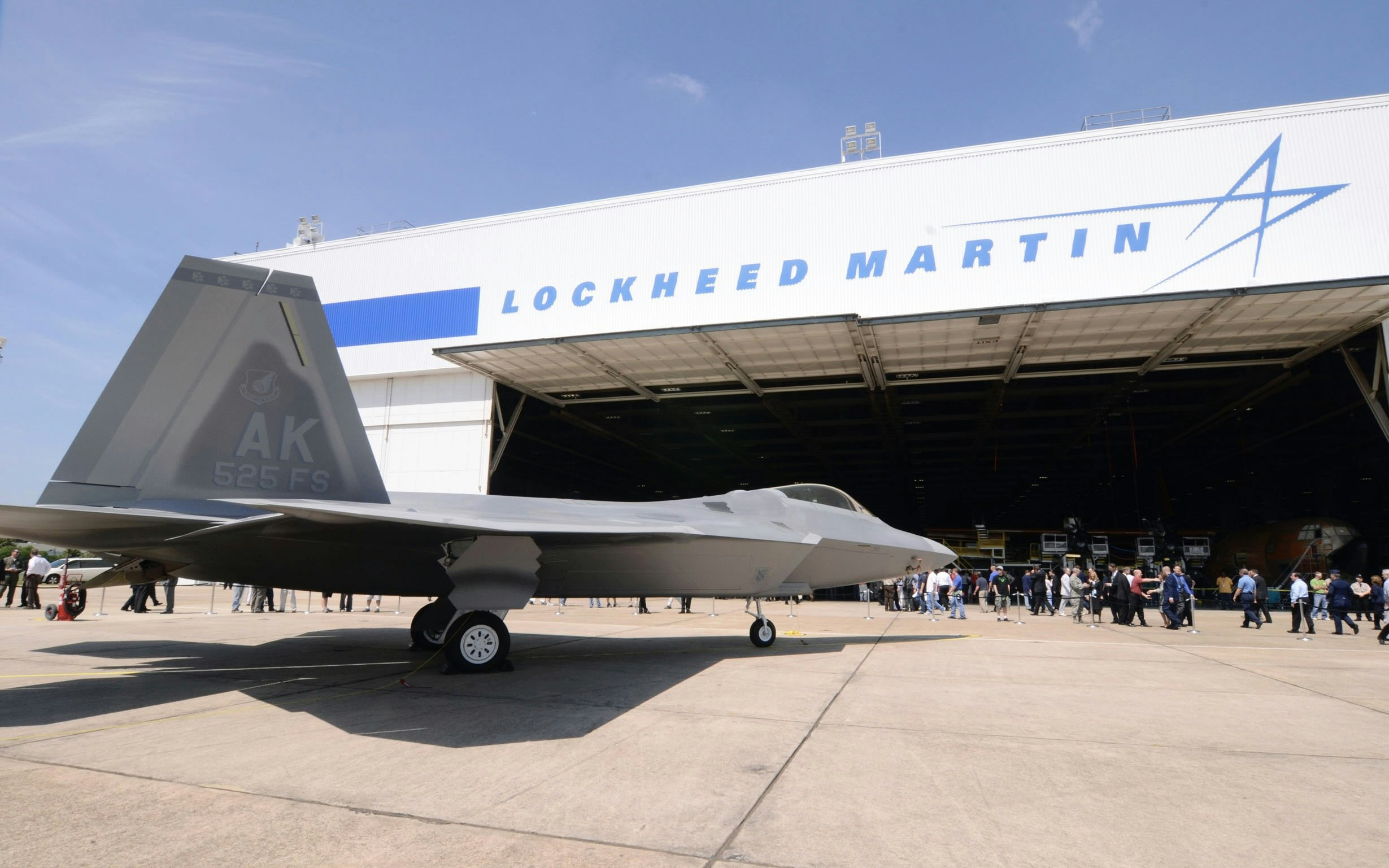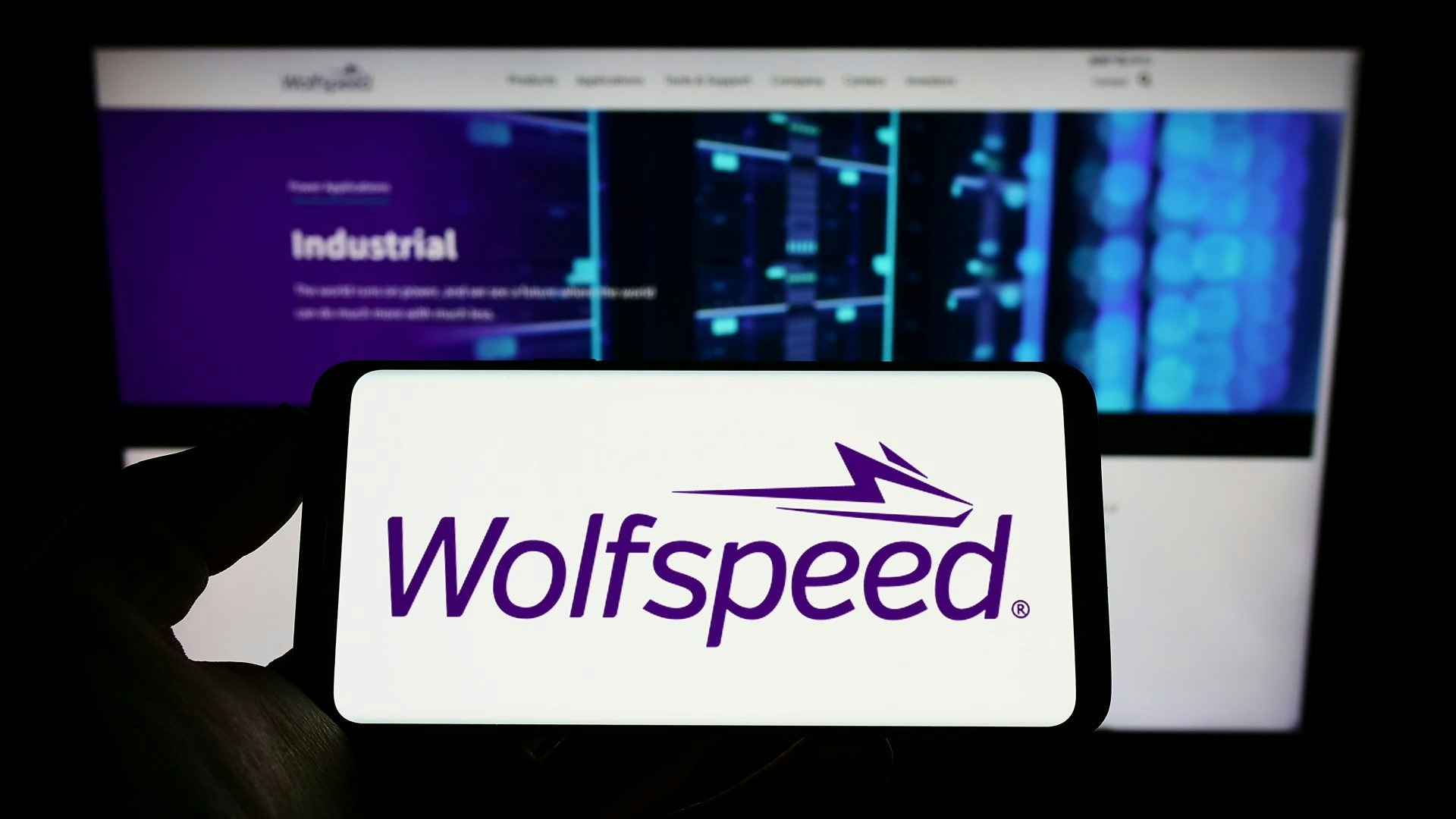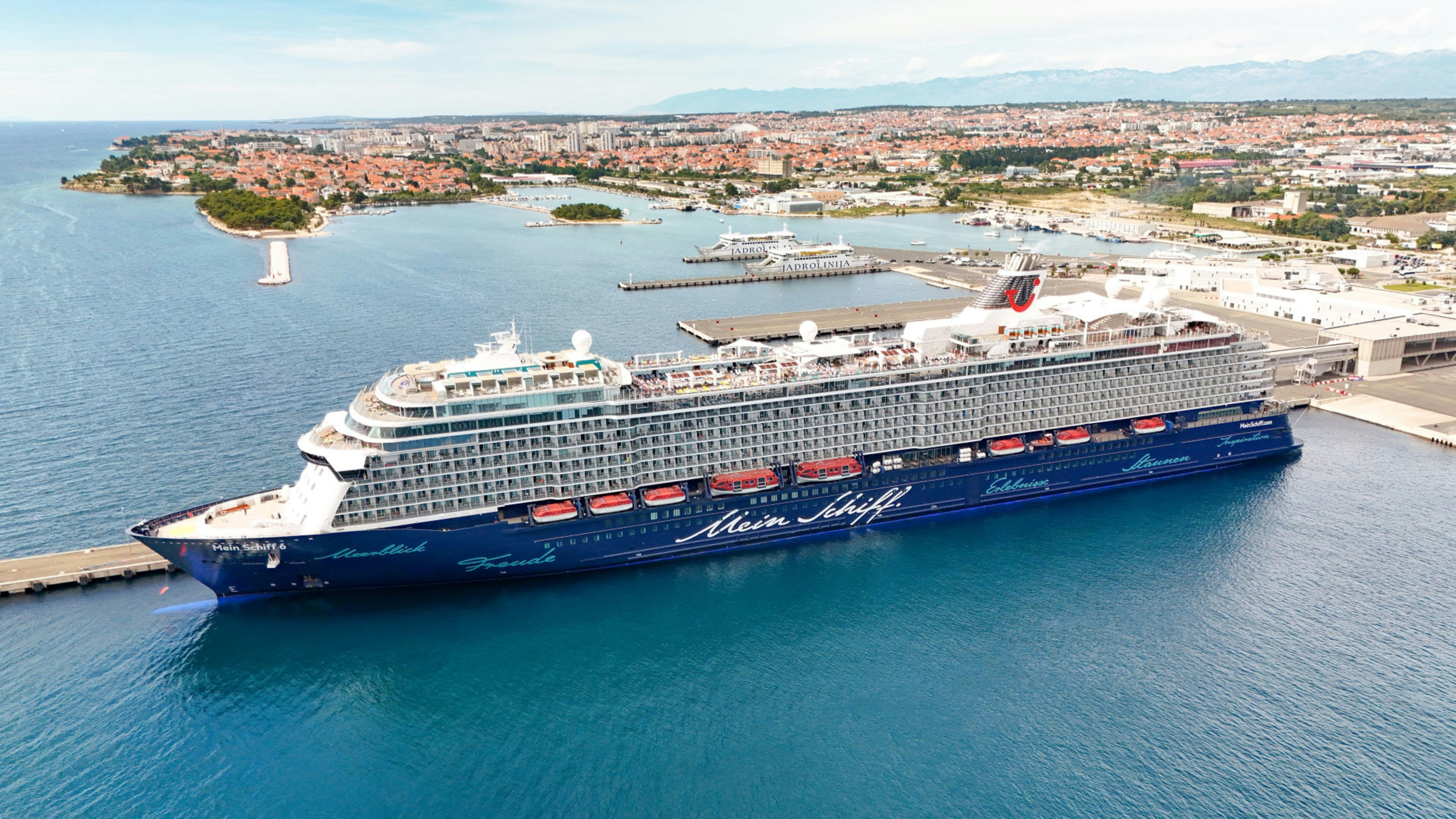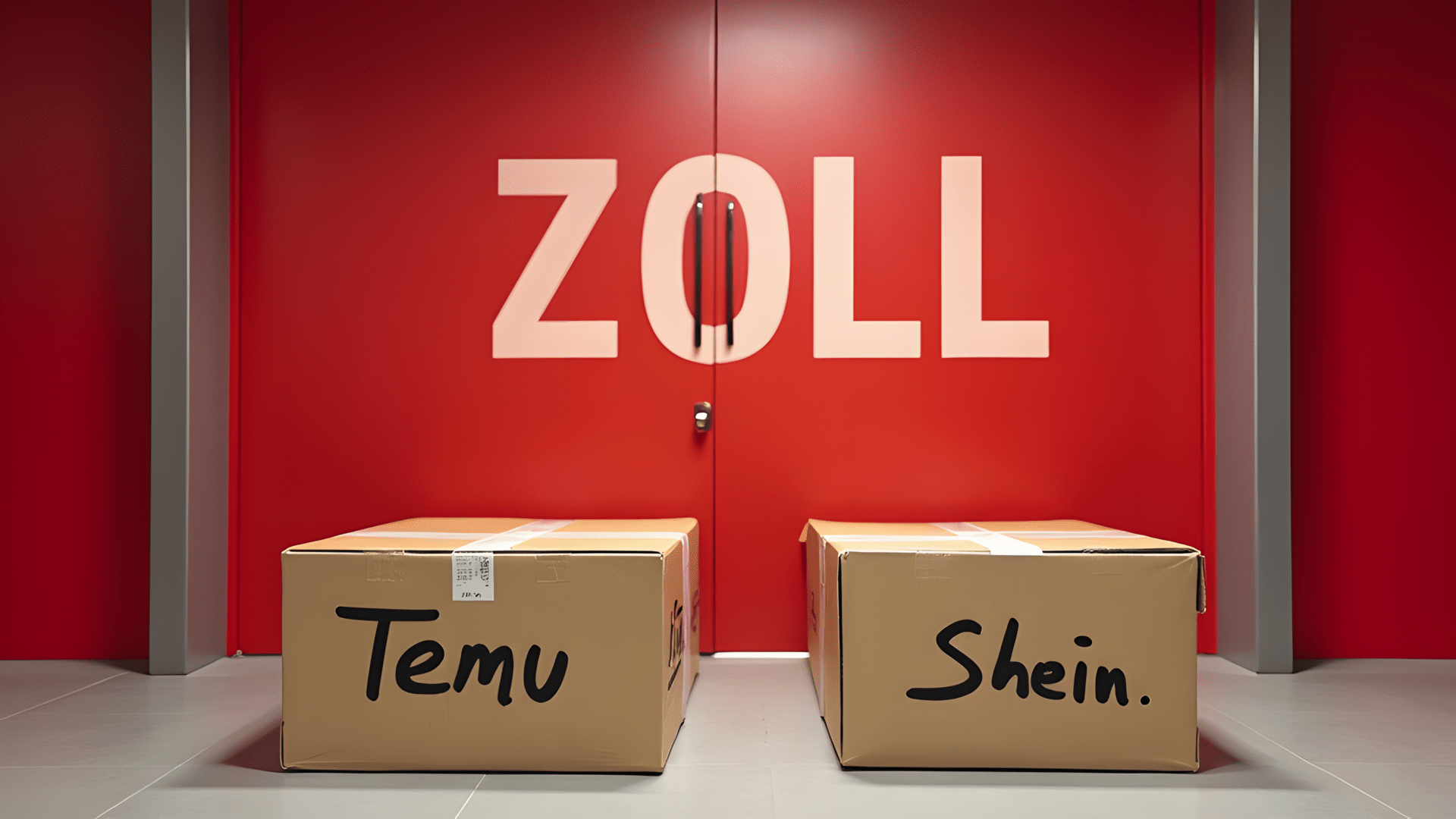Business
Lockheed Martin examines the granting of deep-sea mining licenses in the Pacific to secure strategic resources
Lockheed Martin is negotiating with mining corporations for access to deep-sea licenses for critical raw materials in the Pacific.

Lockheed Martin is in talks with mining companies about using its licenses for deep-sea mining in the eastern Pacific. The US defense company is responding to the growing interest in critical raw materials such as nickel, cobalt, copper, and manganese, which are needed for batteries, defense technology, and other key industries. According to Chief Operating Officer Frank St John, there is currently "great interest" from companies wanting to tap into the seabed.
The licenses that Lockheed received from US authorities in the 1980s have not been used so far. The background of the new discussions is the increasing geopolitical race for access to critical resources. China's market dominance in such minerals forces Western countries to explore alternatives for their own supply chains.
St John did not want to provide information on the potential value of the licenses but emphasized that interested mining companies had "done their homework" and assumed that the development was worthwhile. President Donald Trump reaffirmed the American right to deep-sea licenses in international waters by decree in April and suggested storing extracted raw materials as a strategic reserve.
In parallel, several US startups have applied for licenses to mine polymetallic nodules. These contain a variety of sought-after metals. However, since the 1990s, there has effectively been a moratorium on deep-sea mining in international waters, raising legal questions about potential unilateral actions.
The International Seabed Authority (ISA) is currently meeting in Jamaica to decide on frameworks such as environmental requirements, fees, and licenses. So far, no binding regulations have been agreed upon. Although the USA has not ratified the United Nations Convention on the Law of the Sea, it has recognized essential parts, including seabed regulations. National licenses are issued by the U.S. agency NOAA.
Currently, 37 states have publicly spoken out against a rapid start of deep-sea mining, warning of irreparable damage to sensitive ecosystems thousands of meters deep.
Lockheed Martin emphasized to the Financial Times that it welcomes the focus of the U.S. government on a reliable supply of raw materials, including from maritime sources. The goal is to "establish a gold standard for responsible deep-sea mining.
Independently of this, Lockheed is intensifying its own efforts to secure access to critical raw materials. St John stated that they are working closely with the Pentagon to avoid potential bottlenecks, and are partially investing their own capital in inventories or supply contracts with mining companies. Recently, Lockheed has tapped into alternative sources for germanium and titanium, without having experienced any production bottlenecks so far.






